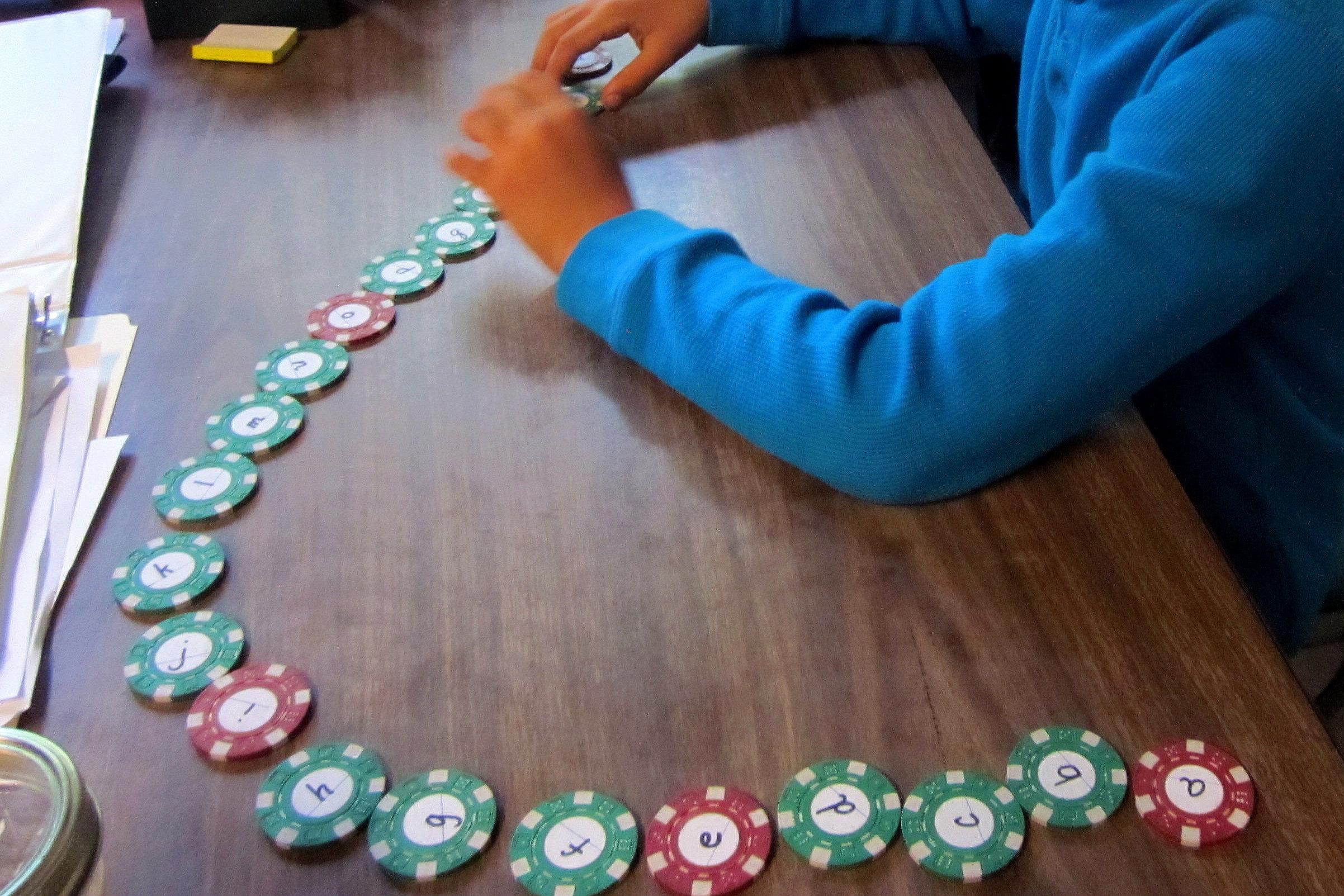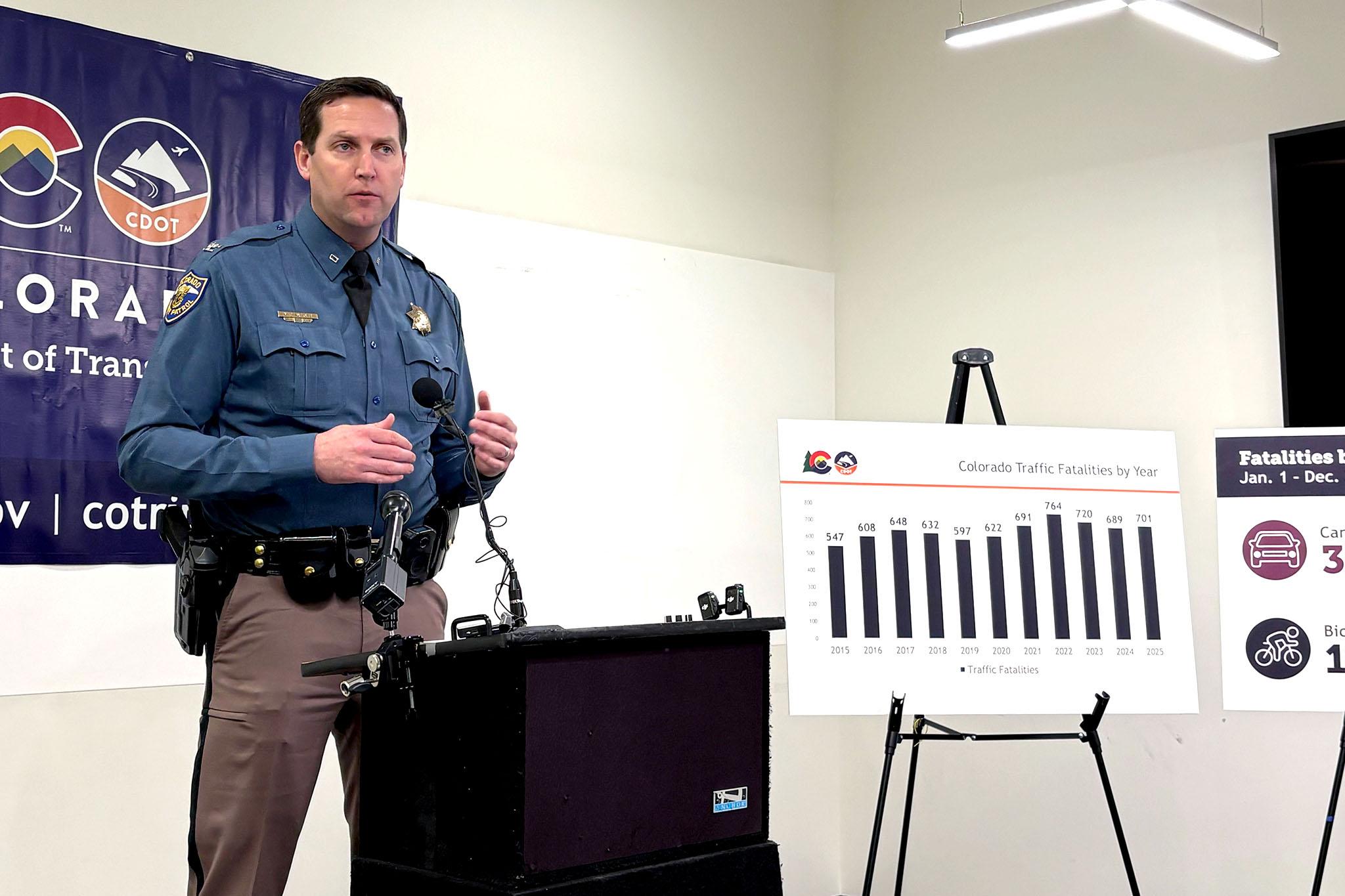
Editor's Note: This story contains details of self-harm. If you or someone you know is considering suicide or other acts of self-harm, please contact Colorado Crisis Services by calling 1-844-493-8255 or texting “TALK” to 38255 for free, confidential, and immediate support.
“I don’t learn like other kids.” “I feel useless at school every day.”
That’s what Amy Thompson’s daughter who attended Boulder High wrote in her journal shortly before taking her life in 2022.
She spent years struggling in school because she couldn’t read like other high school students.
Thompson was among a group of Colorado parents who begged the state school board at its monthly meeting last week to implement mandatory screening for dyslexia across the state. They say it needs to happen now before more children fall into depression, anxiety, hopelessness or even take their lives.
“The way we are treating dyslexic students now is unconscionable,” Thompson told board members. “Putting in a kindergarten screener will save lives.”
Parents are worried education officials are considering waiting several more years because of costs. But experts say if children are identified early in school, they can be taught to read, which ultimately costs much less than special education plans. Colorado is one of seven states that doesn’t mandate screening for dyslexia.
“We think another three to four years is just beyond reasonable,” said Lindsay Drakos, a parent of a child with dyslexia and co-chair of COKID, a dyslexia advocacy group. “If we follow CDE’s recommended timeline, we have already missed thousands of kids. Three or four more years shows to me that there is no understanding of the urgency that I have felt for eight years.”
State education officials are considering a bill in the 2025 legislature to make screening for dyslexia mandatory as part of the state’s READ Act. However, they presented one timeline that showed screeners not being implemented until 2027 at the earliest. They described state budget constraints.
Dyslexia is the most prevalent learning disability with an estimated 250,000 students with the condition in kindergarten through third grade in Colorado. That figure uses a conservative estimate of 12 percent occurrence. Though the words look like a jumble of letters, dyslexia is not a visual problem. Children with dyslexia struggle with decoding and interpreting written words. Writing can also be a struggle, known as dysgraphia.
Parents testified about their families’ struggles
Parents told stories about how their once vivacious children descended into frustration, anxiety and depression after years of receiving inappropriate reading interventions not aligned with the science of reading. They also argued that the costs of inaction in both human and financial terms far exceed investing in screening and intervention.
Twenty percent of students with learning disabilities — of which dyslexia is the most prevalent — drop out of high school, according to the National Center for Learning Disabilities.
Greeley resident Emily Anderson was able to get her son, Luke, identified at a private dyslexia center. Before that, teachers advised her that Luke just needed to read more and try harder. He’d been trying as hard as he could.
“He called himself stupid frequently,” she said. “His self-esteem went downhill and he no longer wanted to go to school.”
Mary Sailas’ second-grade son told his mother some days he feels heartbroken. When asked if he could change anything in his life, she said he chose to be able to read over the superpower of flying.
Her oldest son made it to eighth grade before he was diagnosed with dysgraphia through an independent evaluation. She said many families like hers in her Fort Morgan community can’t afford private tutoring.
“This should not be a game where money is the deciding factor,” she said. “We need to see change. When a child is struggling in kindergarten, it should not take years, tears and battles for them to receive support.”
Parent Anna Lebedda who lives in the Poudre School District said that getting help for her dyslexic sixth grader wiped out the family’s savings.
“This year I have a dyslexia kindergartener, and I’m terrified because our family’s personal resources are dried up,” she said through tears.
Lebedda said many children who have been generically identified as having a significant learning disability are drifting through middle and high school functionally illiterate.
'Same excuses are given every year'
Amy Dobronyi, a co-chair of COKID, has been lobbying for dyslexia screening for 16 years. Every year she hears the state needs more time and doesn’t have enough money.
“The same excuses are given every year and yet we're no closer to real action,” she told the board.
In 2019, advocates, some of whom became part of the Dyslexia Working Group, were told they needed to study the issue. Five years in a row, the group has recommended screening. Meanwhile, 41 other states have taken action on screening but not Colorado.
“This isn't just about policy,” she said. “It's about the real lives of children. I know kids who are more than just numbers or missed cases. These young people have struggled and suffered and their families have struggled alongside them.”
Some board members appeared to support the idea of solving the problem now.
“I really want to solve this issue,” said board member Karla Esser. “It’s just going to keep bubbling up over and over again if we don’t get to the point where we have a screener.”
If you need help, dial 988 to reach the Suicide and Crisis Lifeline. You can also reach the Colorado Crisis Services hotline at 1-844-493-8255 or text “TALK” to 38255 to speak with a trained counselor or professional. Counselors are also available at walk-in locations or online to chat.







